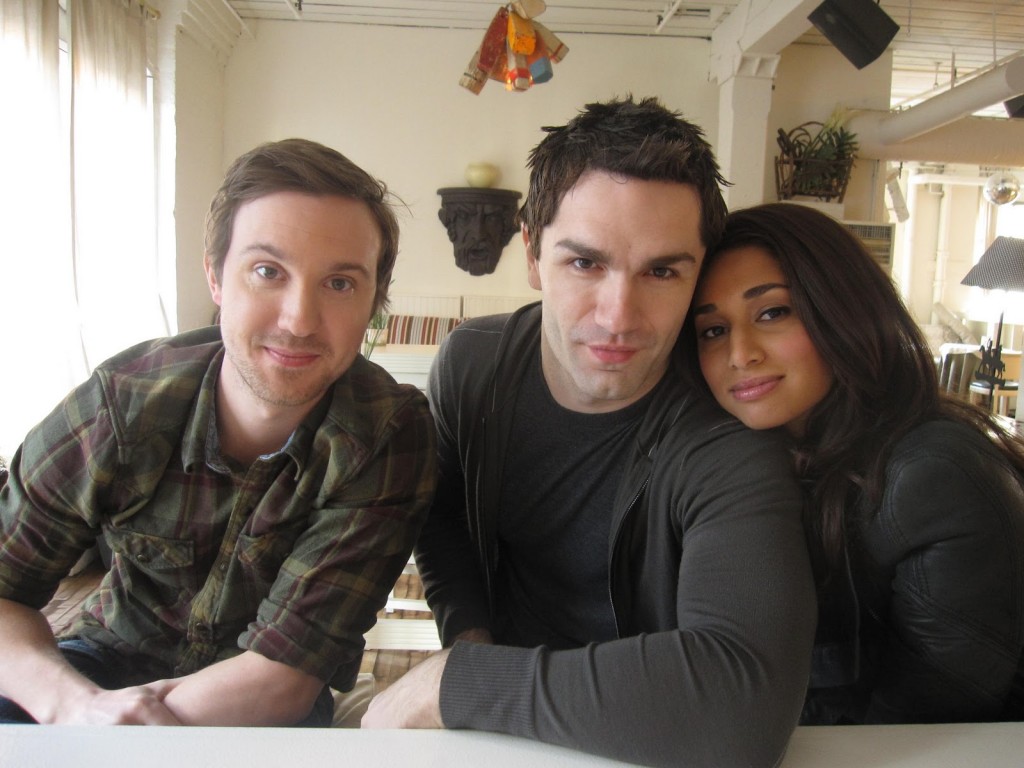 I am a long standing fan of Orphan Black but this season they lost me. I tuned in for the opening episode of the new season, and it wasn’t long before my eyes had crossed.
I am a long standing fan of Orphan Black but this season they lost me. I tuned in for the opening episode of the new season, and it wasn’t long before my eyes had crossed.
In the new season, it feels as if Orphan Black is being made to labor under the weight of its own complexities. And with all the clones in motion, these complexities are formidable. And with two seasons in place, there are many additional plot points and precedents to honor.
Tedium, thy name is consistency.
Showrunners Graeme Manson, Ivan Schneeberg and David Fortier must of course honor the story. Fans, especially, are ferocious in their defense of its integrity. But the rest of us really are not engaged in narrative book-keeping in any kind. We love the actress, her clones, and the broad story lines that give her an opportunity to dazzle us with her virtuosity, lend some urgency to the story at hand, identify the goodies and the baddies, and that’s enough for us.
We want some sense of narrative development. We want our heroine to mature or at least change (or at least clone) as pluckily she survives. But give us the big picture, not what feel like pages of gawky exposition in which good actors are brought low by the need to belabor plot points. These moments almost feel like writers and directors clarifying story complexities for their own sake, and when this happens we know that undue complexity has hijacked the show. Narrative captivity, it’s a terrible thing.
We see why this happens. After a couple of seasons, the people who make the show have mastered the finest plot points better than the best Yeshiva student. And fans! Fans live and breathe the show and they often appoint themselves the guardians of the story line. (“You want me on the wall. You need me on that wall.”) And in a sense this is like any corporate culture, where the incumbents fall into a gravitational field and eventually can’t believe that everyone doesn’t live there too.
There are a couple of ways of fixing this. One is to have an ethnographic panel of half-fans. These are people who love the show but live in distant orbit around it. They know the characters and the major plot points, but they don’t know or care about the very fine details. Writers, directors and show runners can call them up from time to time and say, “So tell me about the show” and they can use this as a chance to recalibrate. It’s a question of optics. We can hold up the half-fan’s view of the story and change the way we see the show. Or think of it as a time machine. We can use the half fans knowledge of the show to recover the way we understood it in the first season.
Naturally, half fans, some of them anyhow, will evolve into full fans. And it will be up to the person running the panel to replace them with more half fans. In fact we should think of the panel as a bend in the river, a place where half fans slow for long enough for us to quiz them…before they run downstream to full fan status.
I don’t know who want to take this on. And it would be presumptuous to suggest a name. So I will. Dee Dee Gordon could do this brilliantly. What we need, Dee Dee, is a panel of half fans. As someone starts a new show, they will ask you to empanel this panel, and from time to time they will use it to see their shows (as many, most) others do. In effect, the half fan panel (now, HFP, because that sounds way more official) is a rope that the showrunner wears around his/her waist while descending into the narrative mine shaft. A couple of sharp tugs and they can return to the surface.
